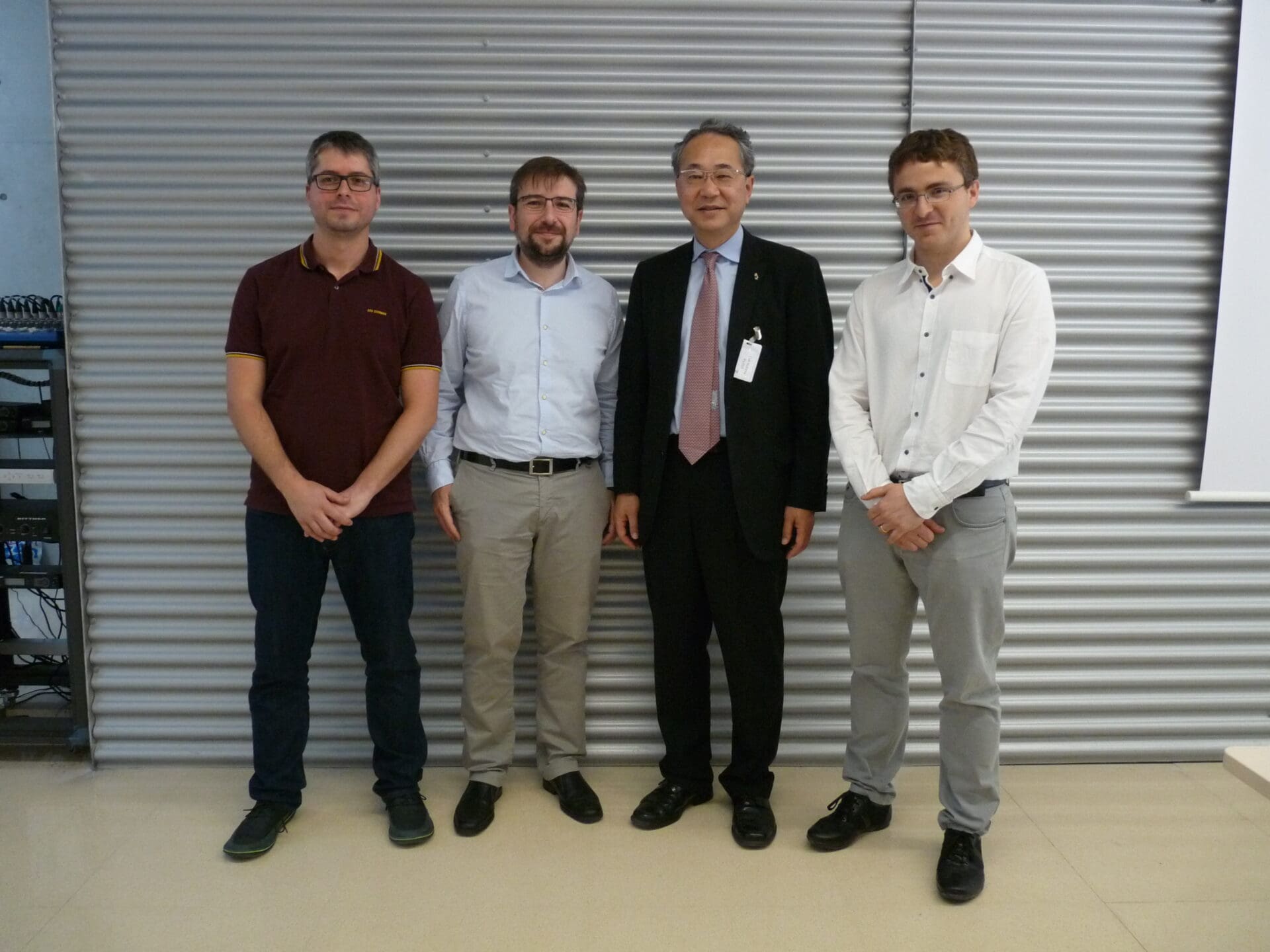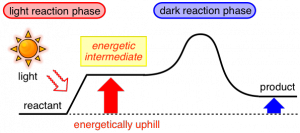
 12/05/2017
12/05/2017
 12:00
12:00
 ICIQ Auditorium
ICIQ Auditorium
- Lecturer: Prof. Masahiro Murakami
- University: Kyoto University (Japan)
Photon-Assisted Organic Synthesis
Whereas thermal reactions give rise to products that are thermodynamically more stable than the reactants, photoreactions are able to furnish products that are more energetic than the starting materials. Such endergonic processes offer a unique way to transform compounds of inert nature like CO2. Here we present photon-promoted synthesis where chemical bonds and/or entities that have been conventionally considered to be unreactive are activated and are reacted with the aid of a photon. The fundamental scheme underlying our strategy consists of two phases, one corresponding to “light reaction” of photosynthesis, and the other corresponding to “dark reaction” (Fig. 1). The first light reaction phase is a photo-induced endergonic process. A photon donates energy to the reactant to produce a more energetic intermediate. The second dark reaction phase is a thermal process converting the energetic intermediate to a desired product. The energy gained in the first light reaction phase provides the driving force required for the second dark reaction phase. The net transformation can be energetically uphill, which is impossible with thermo-driven transformations in principle. MM will discuss a few examples that fit in the scheme of two-phase mechanism, including the one shown in Fig. 2.1
Fig. 1
Fig. 2
[1] Y. Masuda, N. Ishida, M. Murakami, J. Am. Chem. Soc. 2015, 137, 14063.
Other events

Let's create a brighter future
Join our team to work with renowned researchers, tackle groundbreaking
projects and contribute to meaningful scientific advancements





















